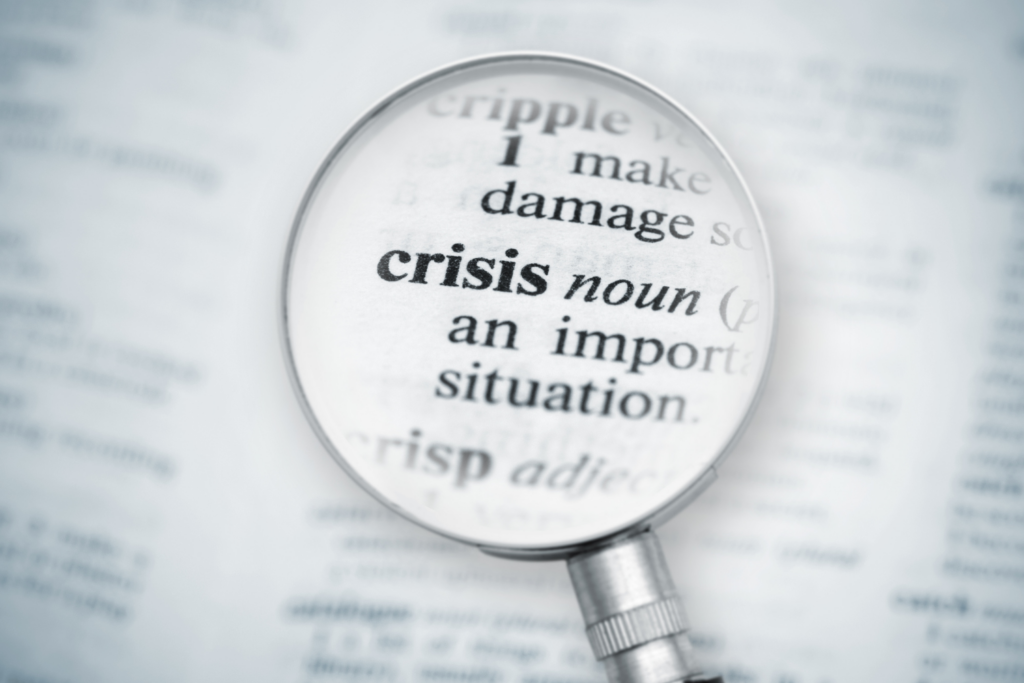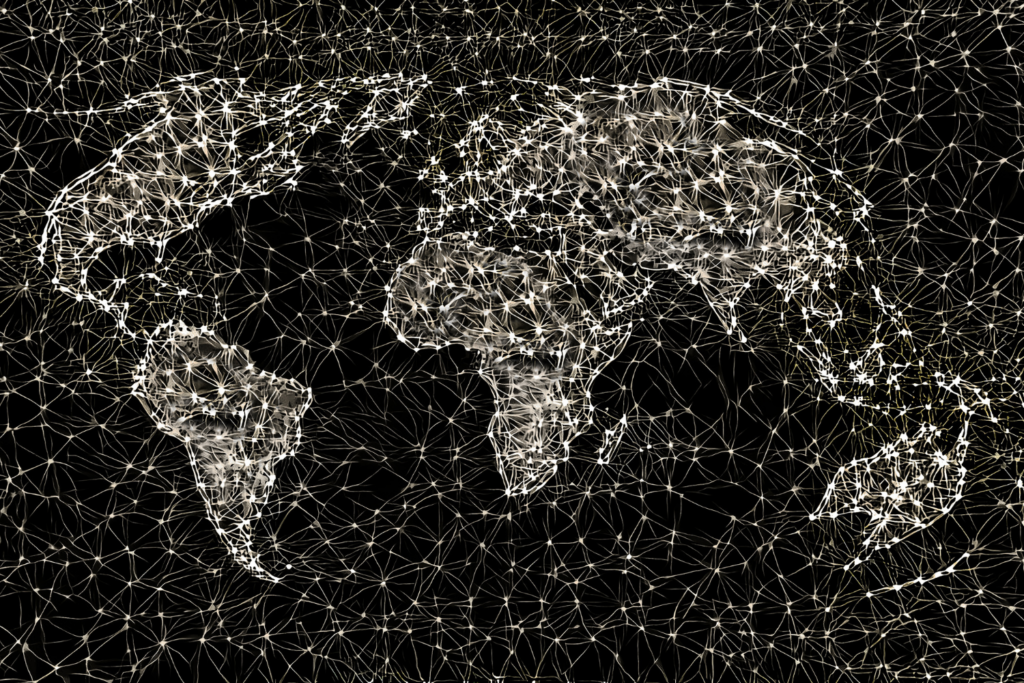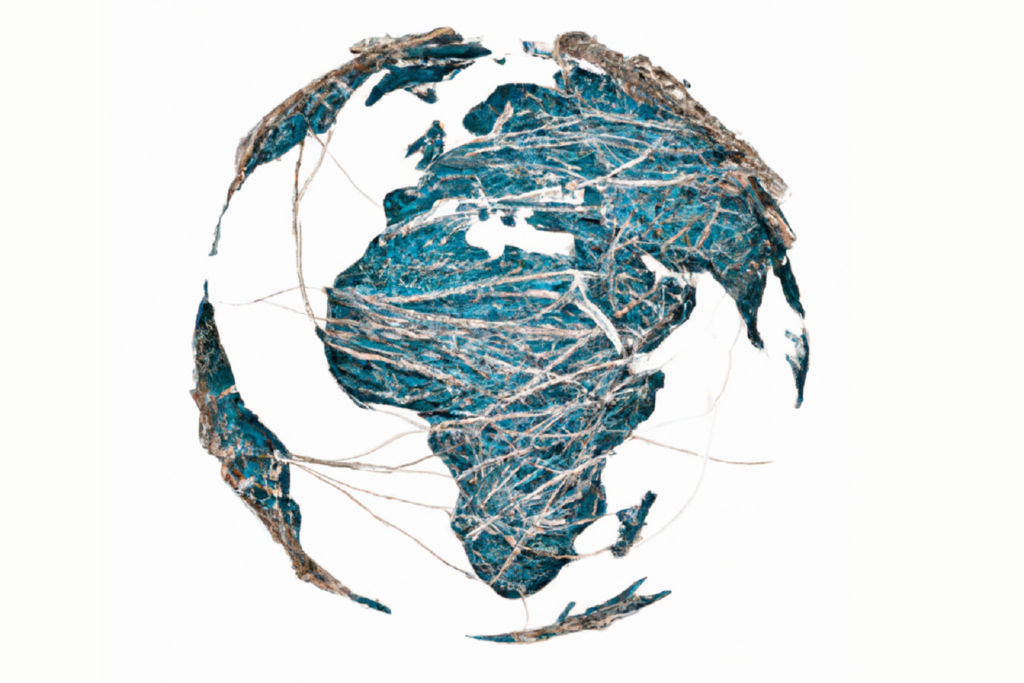Prospects for the World Economy in the Polycrisis with Martin Wolf
In this video, Michael Hainsworth, host of the C.D. Howe Institute podcast, interviews Martin Wolf, Chief Economic Commentator at the Financial Times and host of the podcast “Saving Democratic Capitalism”, in advance of a talk that Wolf gave to the Institute. Hainsworth and Wolf discuss ongoing crises that factor into the ongoing Polycrisis—defined as “a […]
Prospects for the World Economy in the Polycrisis with Martin Wolf Read More »









